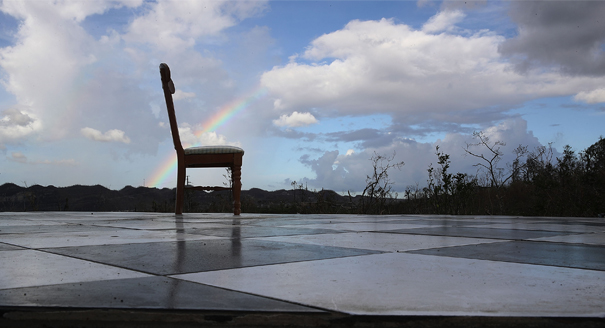Registration
You will receive an email confirming your registration.
The year 2017 witnessed serious upheavals, from Saudi Arabia’s internal purge and the Kurdish-Arab conflict in northern Iraq to the serial Iranian and Russian triumphs in Syria. Given these momentous events, prospects for the year ahead remain dim, amid signs of potential regional confrontations. Should these occur, they would drive the Middle East toward even deeper political and economic instability.
In light of these historic shifts, the Carnegie Middle East Center held its second annual conference which took place at the Phoenicia Hotel in Beirut on Wednesday, December 13, 2017. The conference provided a look ahead to 2018, focusing on what Carnegie scholars believe will be the most important and pressing issues facing the Middle East and North Africa region. The conference brought together scholars from Carnegie’s offices in Beirut, Brussels, Moscow, Washington, and New Delhi to provide cross-cutting perspectives on the challenges facing the region.
Program
9:30 to 9:45 a.m.
Welcome Remarks
9:45 to 10:45 a.m.
The U.S. and the World
10:45 to 11:00 a.m.
Coffee Break
11:00 to 12:00 p.m.
Dialogue: Lebanon in a Turbulent Region
Saad Hariri, President of the Council of Ministers
With Maha Yahya
12:00 to 12:15 p.m.
Coffee Break
12:15 to 1:15 p.m.
The Growing Threat of Cyberwarfare
Lunch Break
Gulf Tensions and Regional Conflicts
Coffee Break
Fireside Chat: What is Russia up to in the Middle East?
SPEAKERS
Collin Anderson is a Washington D.C. - based researcher focused on measurement and control on the Internet, including network ownership and access restrictions.
Joseph Bahout is a visiting scholar in Carnegie’s Middle East Program.
Jarrett Blanc is a senior fellow in the Geoeconomics and Strategy Program at the Carnegie Endowment for International Peace.
Elizabeth Dibble is the chief operating officer at the Carnegie Endowment for International Peace.
Michele Dunne is the director and a senior fellow in the Middle East Program at the Carnegie Endowment for International Peace.
Kim Ghattas is a BBC journalist based in Washington D.C. covering international affairs and a senior visiting fellow at the Carnegie Endowment for International Peace.
Saad Hariri is the President of the Council of Ministers of the Republic of Lebanon
Tim Maurer is the co-director of the Cyber Policy Initiative and a fellow at the Carnegie Endowment for International Peace.
Mustapha Noman is the former deputy minister for foreign affairs in Yemen.
Marwan Muasher is the vice president for studies at the Carnegie Endowment for International Peace, where he oversees research in Washington and Beirut on the Middle East.
Yezid Sayigh is a senior fellow at the Carnegie Middle East Center.
Dmitri Trenin is the director of Carnegie Moscow Center.
Sinan Ülgen is a visiting scholar at Carnegie Europe Center.
Tomáš Valášek is the director of Carnegie Europe Center.
Maha Yahya is the director of Carnegie Middle East Center.
This event was made possible in part thanks to a generous donation from Mr. John Buoymaster.
